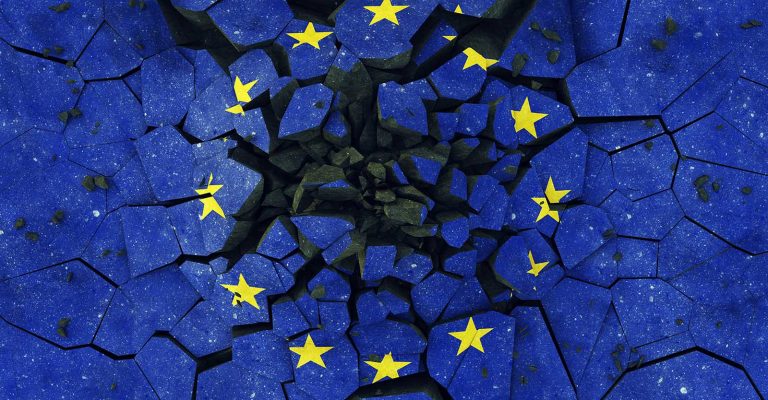New EU surveillance plans leaked
The EU Commission is targeting its citizens even more closely. The monitoring of “SMART” devices is to be greatly expanded.
Source: TKP.at, Thomas Oysmüller, 05 June 2024
An internal proposal paper commissioned by the EU Commission has been leaked to the media. Even if the plans may not be implemented in exactly the same way, the paper clearly shows what the Commission wants: a massive expansion of surveillance. From WhatsApp to the “smart” fridge – virtually all end devices are to be used (even more) for surveillance in future.
Big Brother EU
This is how t-online exclusively reports on the 28-page paper, which contains 42 points in favour of increased surveillance. The plans, which are entitled “Recommendations of the expert group on how to regulate access to digital data to ensure effective law enforcement”, would represent “an unprecedented intrusion into the privacy of every EU citizen”, say data protection activists.
Of course, the Commission is not talking about a massive surveillance centre – at least this is what it says. Officially, it wants to “take action against organized crime and detect and combat terrorism at an early stage”. To do this, privacy or the secrecy of correspondence must be relinquished. Legislation must therefore be adapted to “the new technical possibilities of criminals, who are increasingly operating in the digital space and planning potential offences”.
For example, investigators should be able to remove the encryption from messenger services such as WhatsApp in the future – an old wish of the EU Commission. It would like to see a “master key”. If manufacturers such as Apple, Google or Meta do not co-operate, penalties should also be possible.
At present, it is not possible for investigators to circumvent the end-to-end encryption of messenger services. The data is encrypted on the sender’s phone and only decrypted at the recipient’s end. There is no back door. Investigators can therefore only attempt to unlock the phones and then analyse the chats. This can take a very long time and does not necessarily work. However, intelligence services do have the option of recovering deleted messages if they confiscate the end devices.
But the paper is not just about transparent chats. It also focuses on the “Internet of Things” – an essential part of the fourth industrial revolution. It states that:
“It should be ensured that there is a great deal of standardization and that this includes the Internet of Things, including, for example, connected cars such as all forms of connectivity.”
This would also affect home assistants such as Google Home, Alexa or the Apple Assistant as well as smart fridges and similar devices. It should also be possible to tap into data and use it in case of doubt. Anyone who has followed Edward Snowden’s revelations will know that US services can already do this anyway. The EU Commission apparently wants similar powers.
The controversial and unconstitutional data retention is also called for again in the paper. The Pirate Party’s data protection campaigners have this to say about the Commission’s leaked proposal: “Everything we do, where we go and who we communicate with should be accessible at any time and without barriers .”
Suggest a correction







